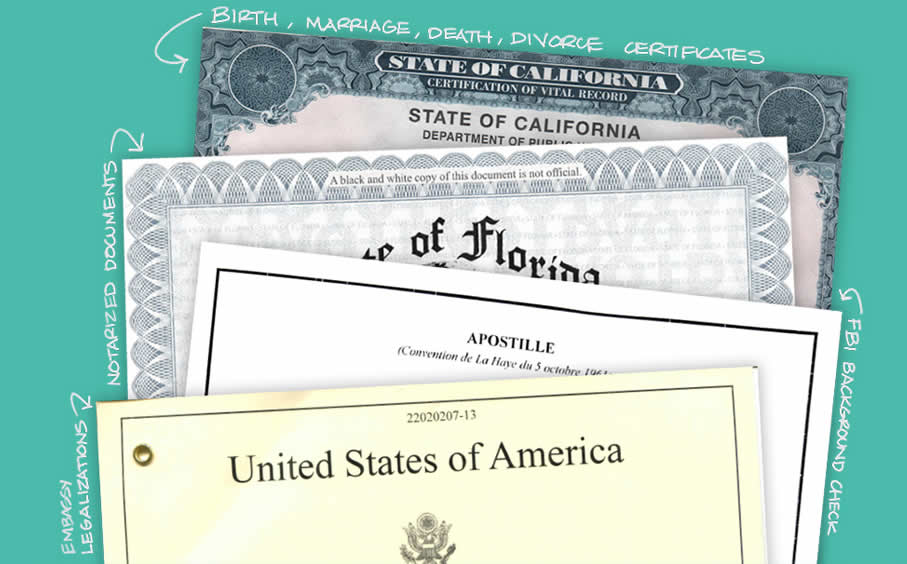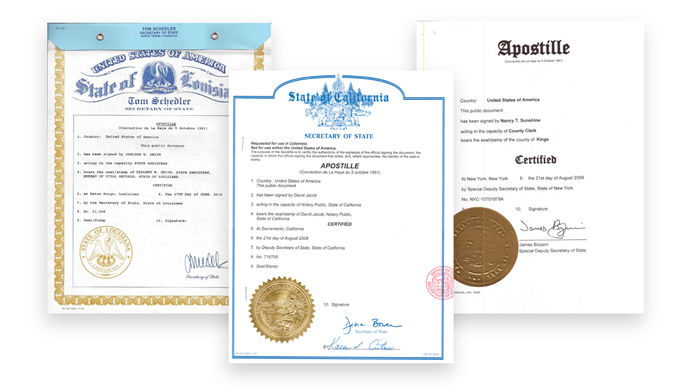Looking Into the Factors Behind the Compulsory Requirement of Apostille Qualification for Legal Documents
In the world of legal paperwork, the required need of apostille qualification has actually ended up being an essential aspect that considerably influences the legitimacy and acknowledgment of lawful documents on a global scale. Understanding the rationale behind this need involves diving into the detailed web of legal intricacies, historic precedents, and international agreements that underscore the relevance of apostille qualification in today's interconnected globe. By checking out the underlying factors behind this prevalent need, a more clear image emerges of why this seemingly governmental procedure holds such tremendous importance for organizations, individuals, and governments alike.
Historical Evolution of Apostille Accreditation
Exactly how did the principle of apostille certification advance gradually to come to be an important part of global paper recognition? The historical advancement of apostille certification go back to the very early 20th century. The requirement for a simplified approach of validating papers for use across borders ended up being noticeable as international trade and traveling raised. In reaction to this demand, the Hague Conference on Private International Legislation introduced the Apostille Convention in 1961. This worldwide treaty established a streamlined procedure for accrediting the authenticity of papers to be recognized in participant countries.
Initially embraced by a couple of European countries, the Apostille Convention slowly acquired global acceptance because of its effectiveness and performance in validating the authenticity of official papers. Over the years, the convention's reach expanded as more nations joined, acknowledging the apostille as an universally accepted kind of file authentication. Today, apostille certification has actually become a conventional need for validating legal documents in international purchases, making certain smooth interaction and legal procedures in between nations.
Simplifying International Document Legalisation
The streamlining of global paper legalisation treatments has significantly improved performance in cross-border deals. Streamlining the process of legislating records for international use has ended up being crucial in helping with swift and smooth transactions between nations. One of the key devices that have actually added to this simplification is the fostering of the Apostille Convention, which gives a standardized approach for confirming the credibility of papers across taking part nations.
By adhering to the Apostille demands, nations consent to acknowledge each various other's public records as legitimate without the need for additional legalization. This removes the extensive and typically troublesome process of numerous verifications by different authorities, conserving time and resources for people and businesses engaged in international activities.

Ensuring Record Credibility and Credibility
To make sure the credibility and credibility of lawful records in international purchases, rigorous confirmation processes are essential. By needing apostille certification for lawful papers, authorities intend to confirm the beginning of documents and validate the trademarks of people entailed.
Moreover, verifying the credibility of lawful records via apostille accreditation boosts trust fund and confidence among parties involving in global purchases. Eventually, by upholding stringent verification criteria, apostille certification adds to a go to my site much more safe and clear worldwide legal framework.

Helping With Cross-Border Legal Acknowledgment
In the world of international deals, the apostille qualification not only makes certain the credibility and validity of lawful documents yet additionally plays an essential function in assisting in cross-border lawful recognition (Houston Apostille). When lawful papers bear an apostille certificate, they are conveniently approved by foreign authorities without the need for further confirmation. This structured procedure speeds up the acknowledgment of files in different nations, advertising efficiency and minimizing bureaucratic obstacles in lawful matters that go beyond nationwide borders
Facilitating cross-border legal acknowledgment with apostille qualification fosters depend on and self-confidence in the authenticity of records exchanged between countries. By adhering to the standards established forth by the Apostille Convention, nations agree to recognize the apostille seals fastened to papers from other participant nations, therefore streamlining the process of lawful recognition throughout borders.
Compliance With International Treaty Criteria
Compliance with worldwide treaty standards is crucial for ensuring the uniform application of legal regulations across getting involved nations. The Apostille Convention, developed in 1961, lays out the needs for the approval of public documents amongst member countries.
The Apostille qualification, as mandated by the treaty, serves as a guarantee of credibility for records such as birth certifications, marital relationship licenses, court judgments, and notarized acts. This standardized method aids prevent fraud and makes sure that legal documents originating from one participant country are conveniently approved in an additional. By complying with global treaty requirements, nations show their dedication to supporting the concepts of transparency, trust fund, and participation in lawful issues on a worldwide range.
Conclusion

In the world of legal paperwork, the required requirement of apostille qualification has actually become a vital facet that substantially influences the validity and this contact form acknowledgment of lawful documents on a global range. Today, apostille qualification has become a common requirement for confirming lawful papers in global purchases, making certain smooth communication and lawful procedures between countries.
In addition, confirming the credibility of lawful papers through apostille accreditation enhances count on and confidence among parties involving in worldwide transactions.In the realm of international purchases, the apostille certification not just makes certain the credibility and legitimacy of lawful records yet likewise plays a crucial function in helping with cross-border lawful acknowledgment. By sticking to the standards set forth by the Apostille Convention, nations concur to honor the apostille seals attached to why not try this out files from other participant nations, hence simplifying the process of legal recognition throughout boundaries.